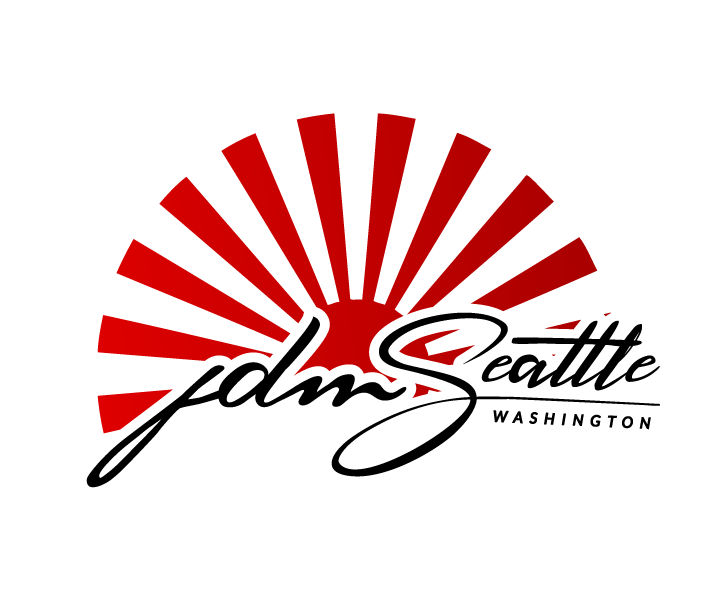Shop Hours
Monday
Tuesday
Wednesday
Thursday
Friday
Saturday
Sunday
Whether JDM engines are “better” depends on your goals, vehicle needs, and local regulations. While JDM (Japanese Domestic Market) motors are celebrated for their engineering and performance, they aren’t universally superior to all alternatives. Here’s a detailed, unbiased comparison to help you decide
Pro Tip: Always verify a JDM engine’s history via a compression test, leak-down report, and mileage verification. Partner with certified importers who provide warranties and support.
The most popular engine made by Toyota is the 2JZ-GTE engine, known for its performance, reliability, and durability. This inline-six, twin-turbocharged engine gained widespread fame in the 1990s, particularly with its use in the Toyota Supra Mk4 (A80), and is a favorite among car enthusiasts for tuning and modifications due to its robust design and ability to handle high levels of boost.
Other well-known Toyota engines include the 1UZ-FE V8 and the 1GR-FE V6, which have also been praised for their reliability and longevity in various Toyota vehicles.
Understanding the distinctions between JDM engines (Japanese Domestic Market) and USDM engines (US Domestic Market) is critical for enthusiasts, tuners, and buyers seeking optimal performance or compatibility. Here’s a breakdown of their core differences
AJDM engine (Japanese Domestic Market engine) refers to a motor originally manufactured and sold for vehicles in Japan. Renowned for precision engineering, durability, and advanced technology, these engines are designed to meet Japan’s stringent emissions and performance standards. JDM engines often come from iconic Japanese brands like Honda, Toyota, Nissan, Subaru, and Mitsubishi. They are powering models such as the Honda B-series, Toyota 2JZ, or Nissan RB26—legendary for their reliability and tuning potential.
Whether upgrading a project car or restoring a classic, a JDM engine offers unmatched quality and performance. For enthusiasts seeking high-reliability motors or rare JDM-specific powertrains, these engines remain a top choice in the automotive community.
Monday
Tuesday
Wednesday
Thursday
Friday
Saturday
Sunday
JDM Seattle
JDM Seattle is the premier supplier of Japanese Domestic Market (JDM) engines, JDM transmissions, and JDM auto parts. We are dedicated to providing you with the absolute best in JDM engines and performance parts, ensuring your vehicle delivers the power and reliability you expect.
Affordable Pricing
High-quality JDM parts at competitive prices, so you get more value for your money.
Fast Shipping
Quick and reliable shipping across the U.S. ensures your parts arrive fast and secure.
Expert Support
Friendly and knowledgeable team ready to help with all your JDM parts needs.
